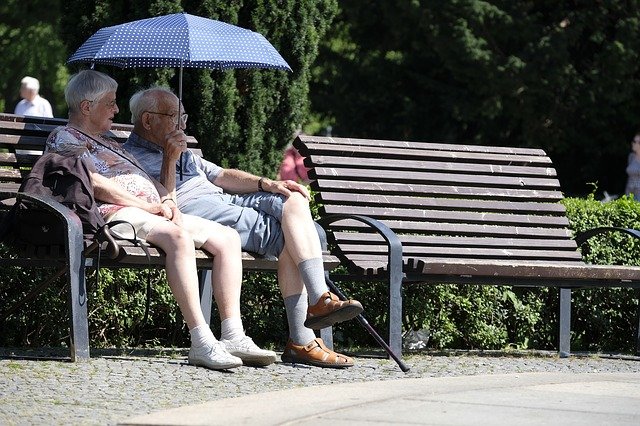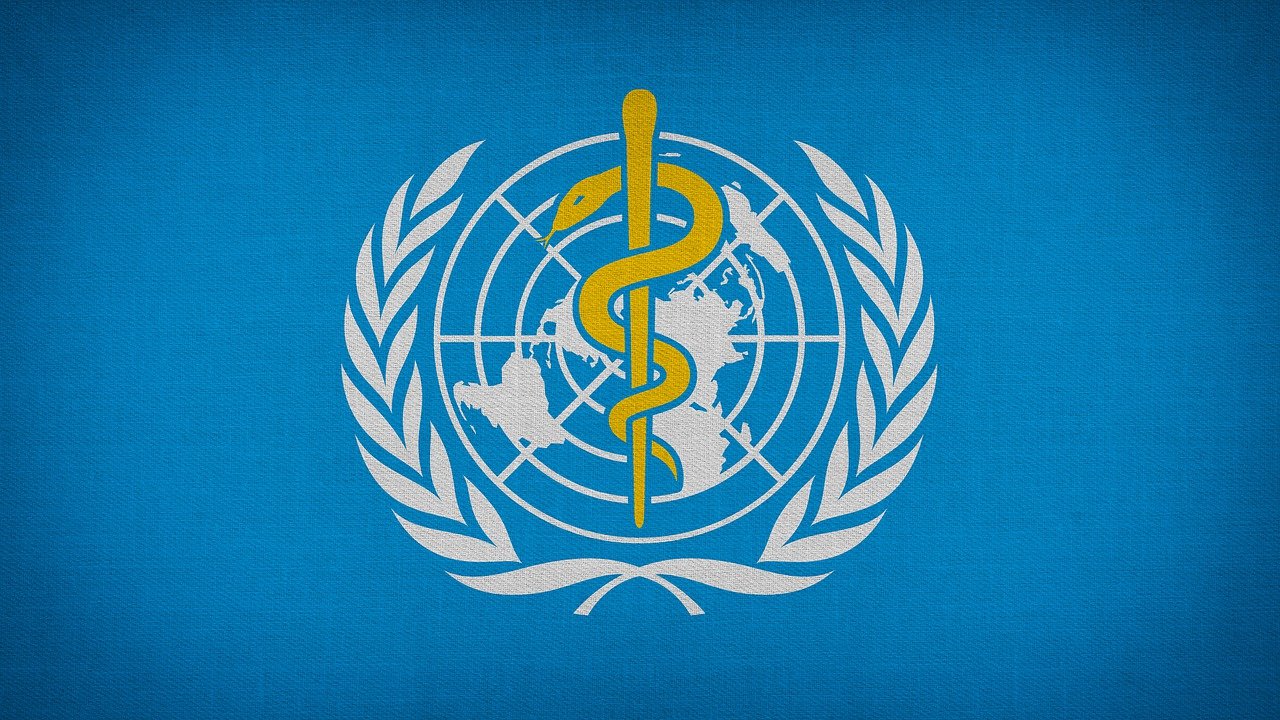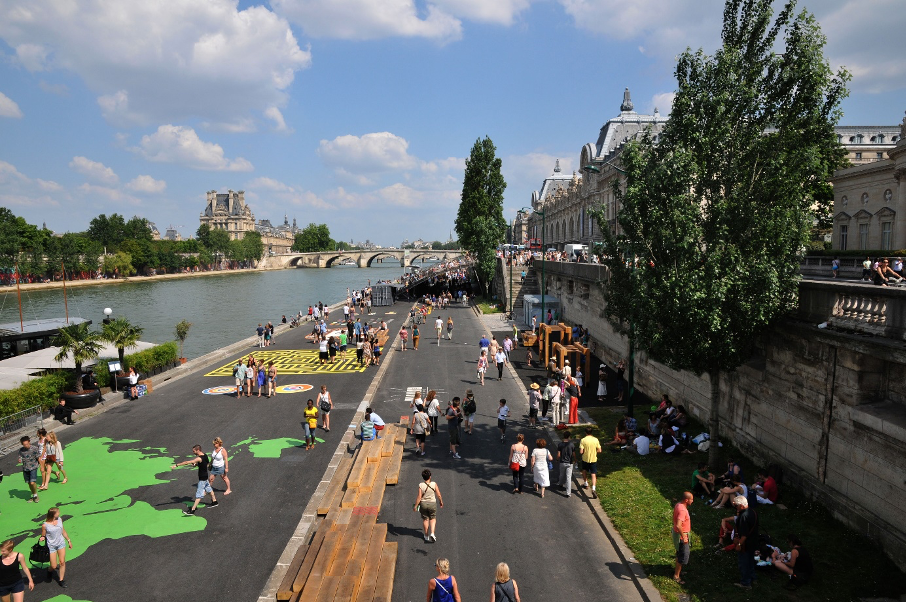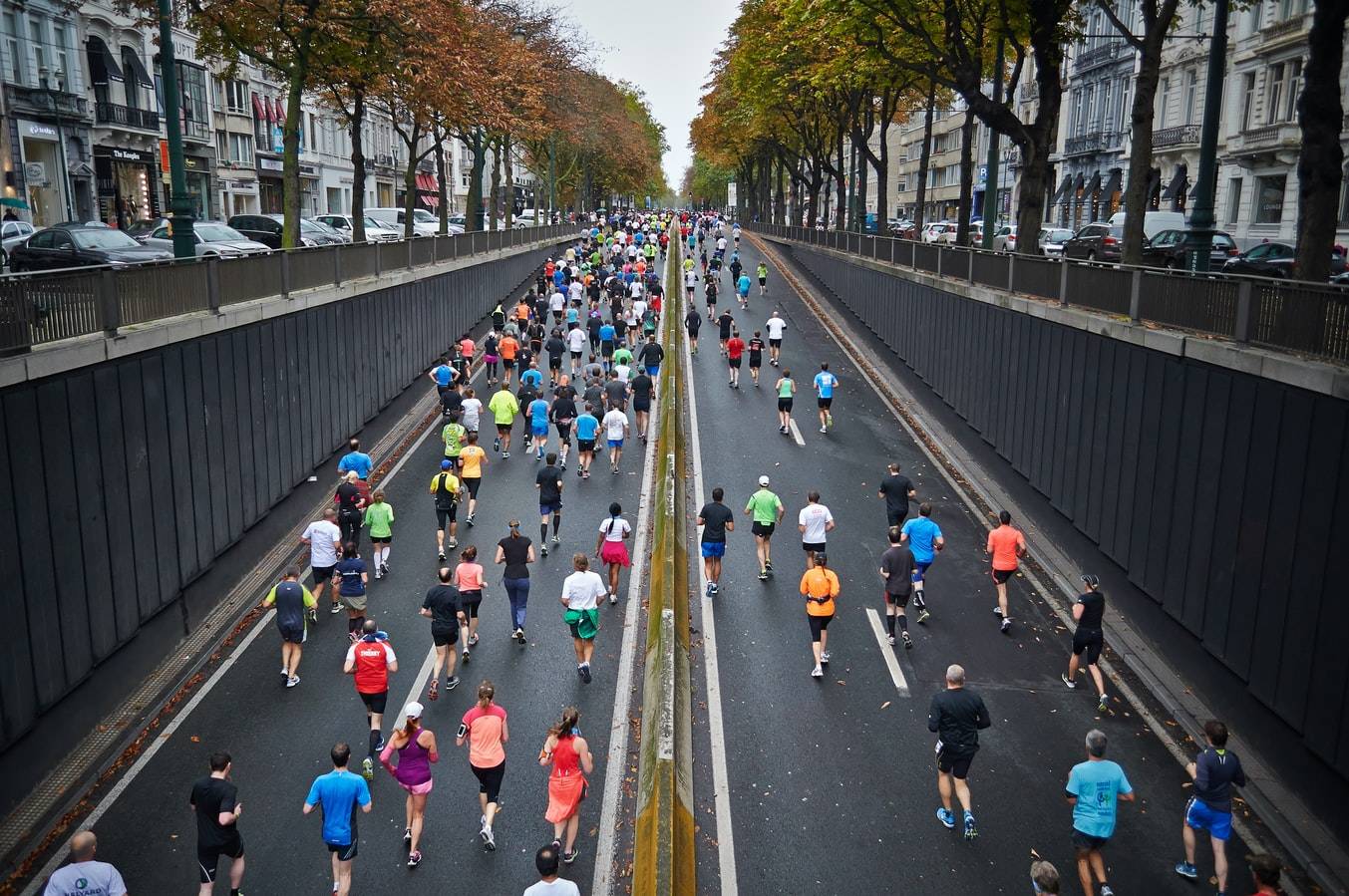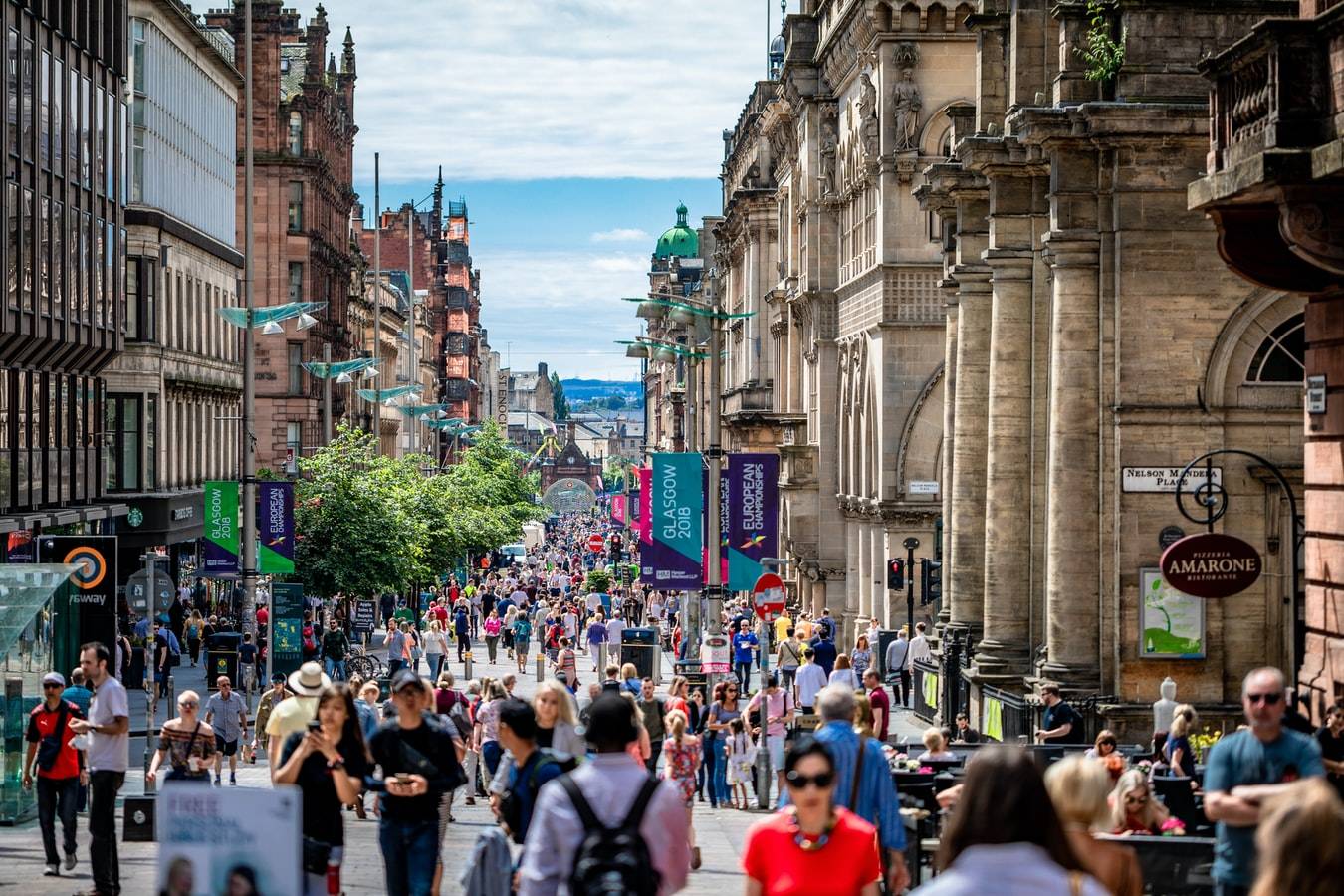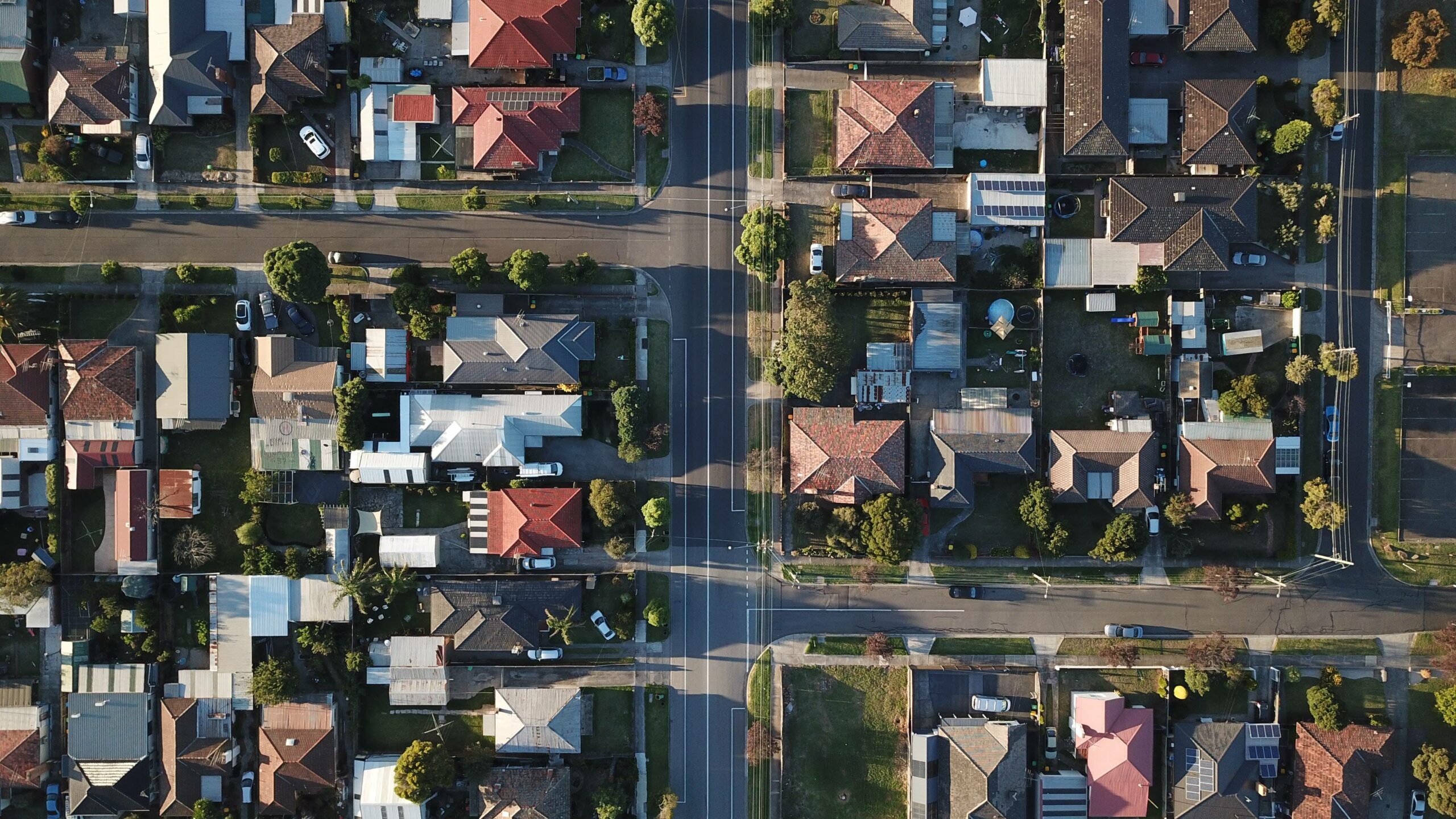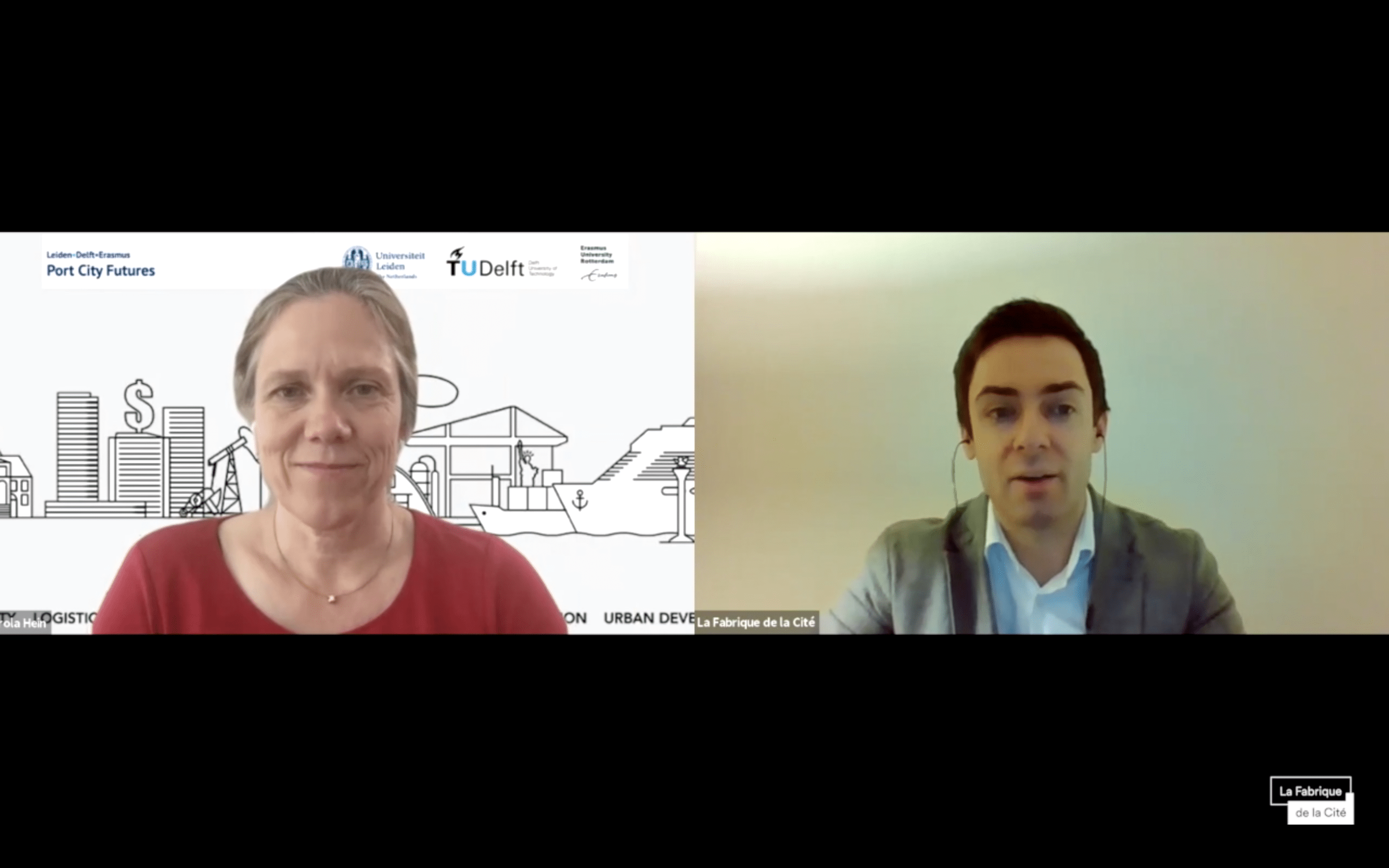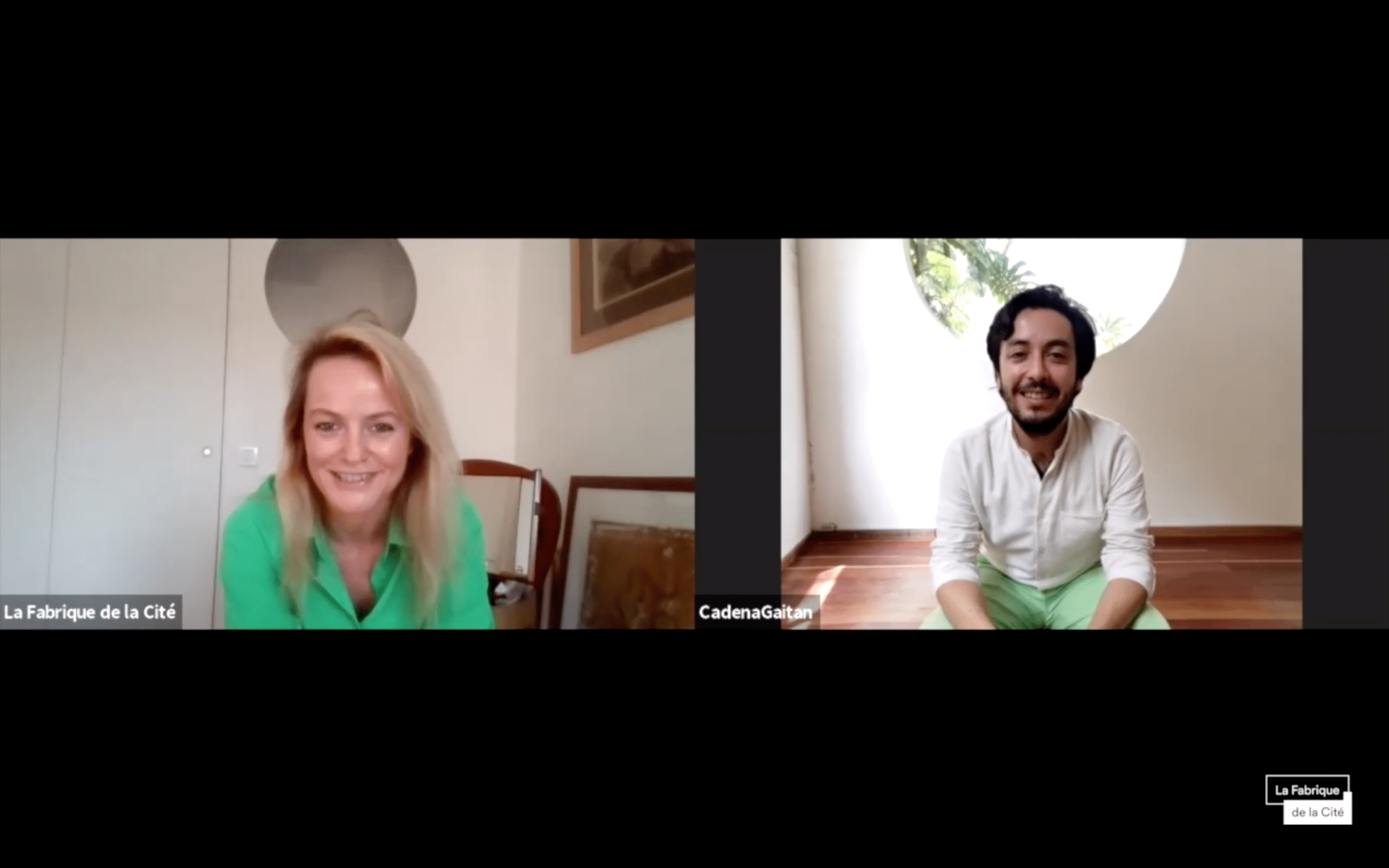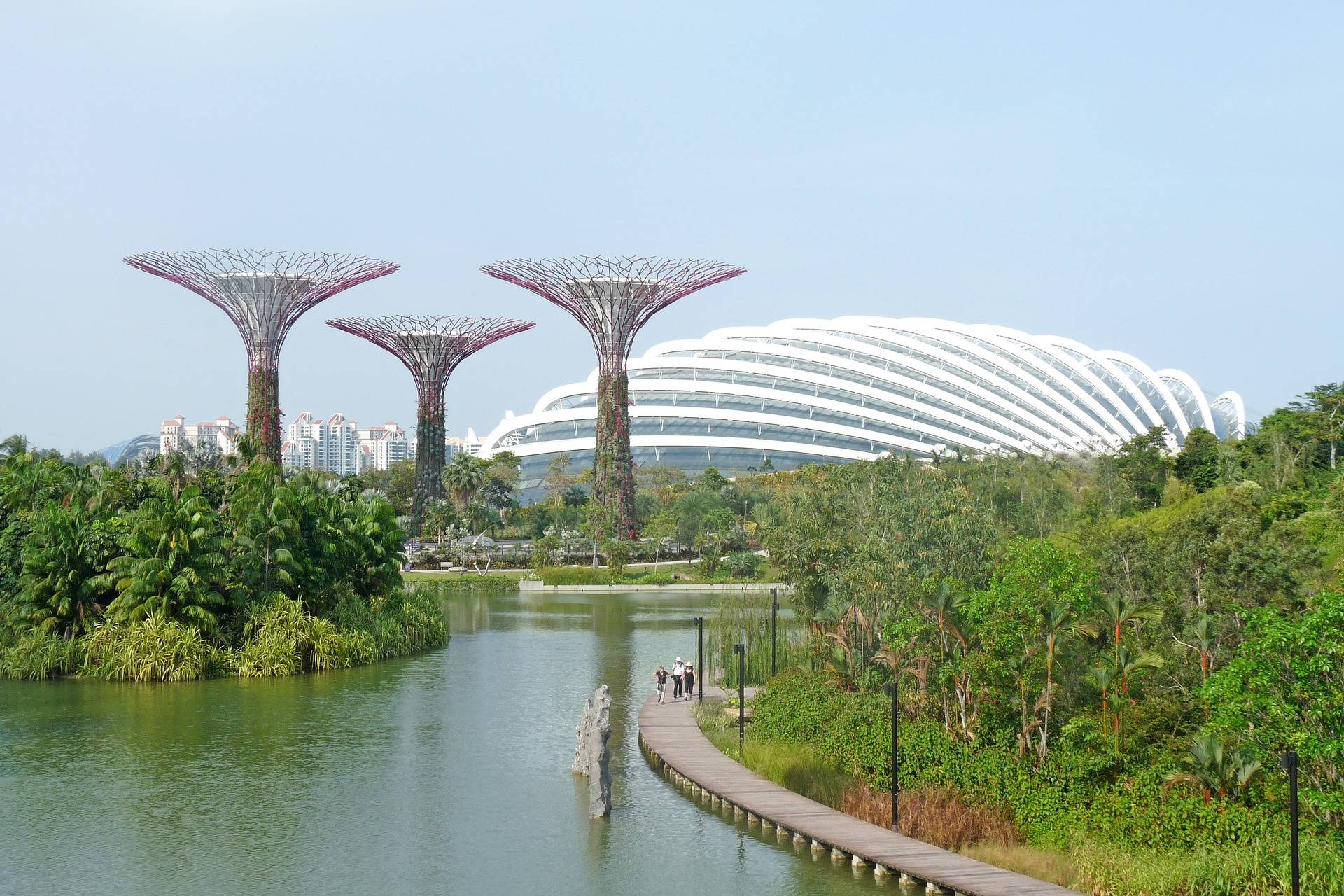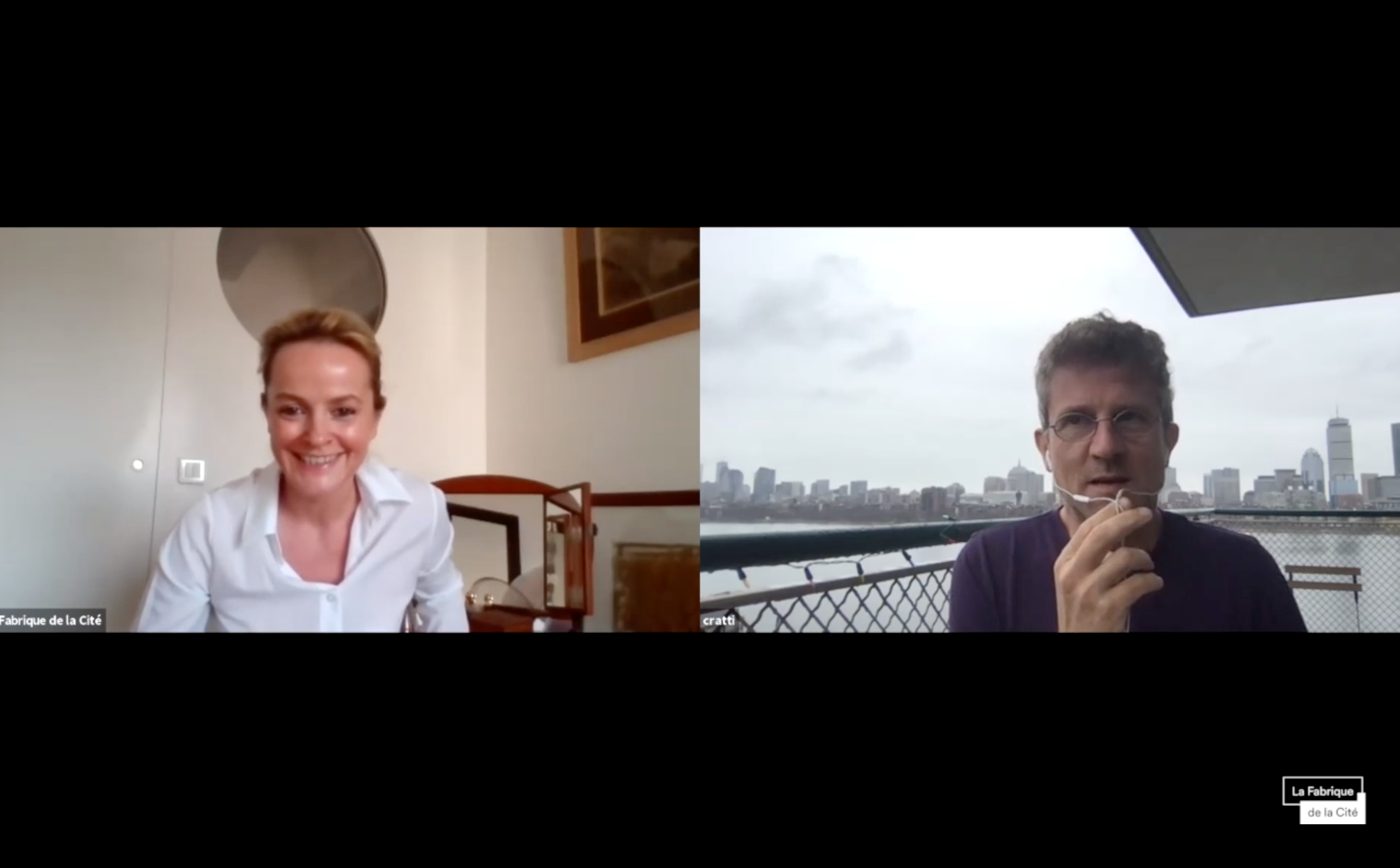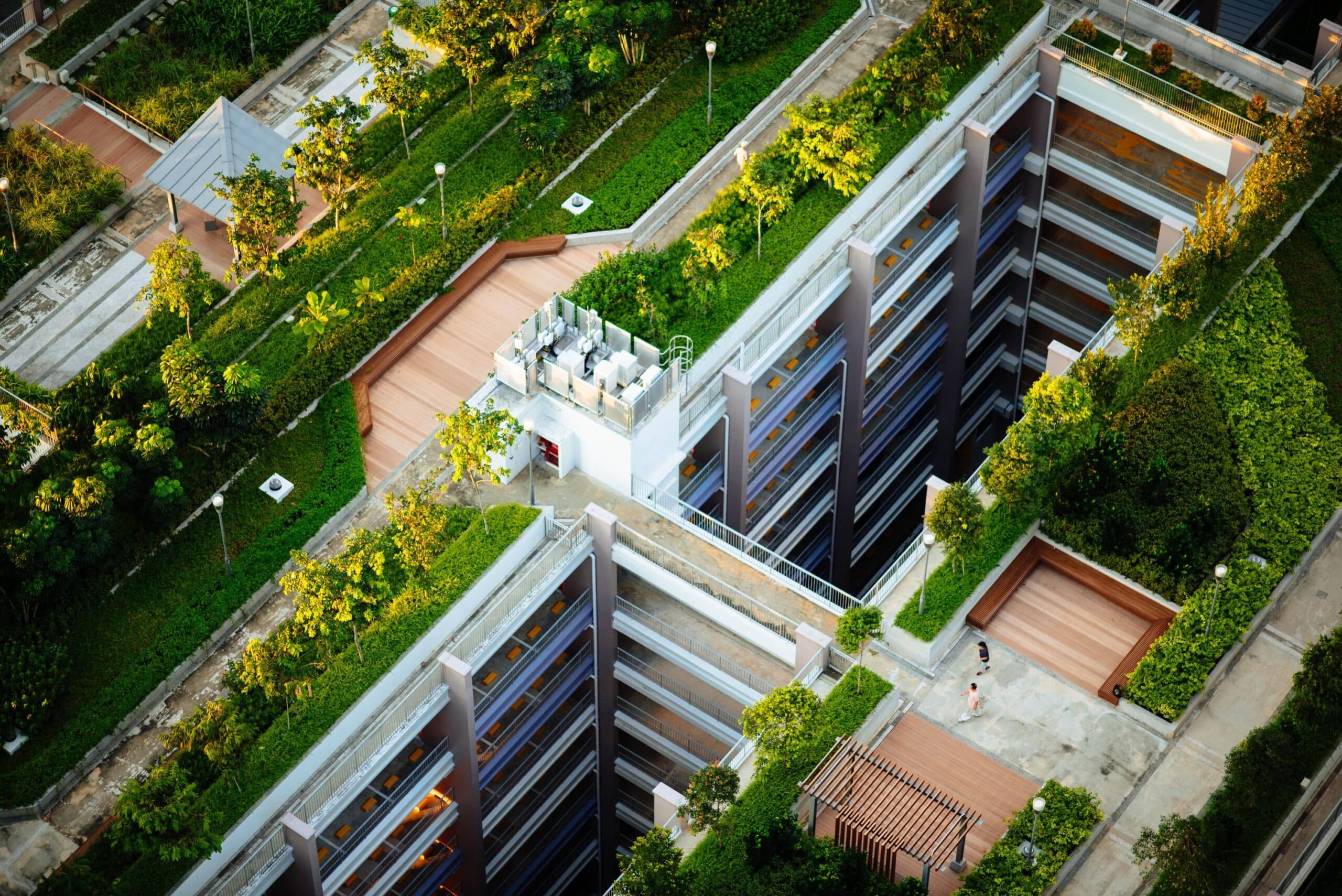

The fight against non-communicable diseases: an urban challenge?
Cancers, diabetes, obesity, cardiovascular diseases, diseases of the respiratory system and mental illnesses… These non-communicable diseases currently account for 71% of deaths worldwide, a quarter of which concerns people under 60, and the economic burden of their treatment is expected to double in the next twenty years. A major societal and medical challenge, the fight against this epidemic is also an urban issue: these pathologies are caused by a complex combination of biological and genetic factors and environmental and socio-economic factors. By acting on the urban environment and associated lifestyles to transform them, it would therefore be possible to reduce their prevalence.This apparently simple statement implies a radical method change. Since the advent of modern medicine, and even since the Pasteurian revolution in the mid-19th century, there has been a radical break between urban planning and medicine: health has become the business of doctors and not of urban planners.
Responding to the new concerns of environmental health means taking health out of the field of expertise of health professionals alone and making it a field of action invested by all those involved in the construction of the city. Five fields of action can be identified: the fight against indoor and outdoor air pollution, the fight against noise, the reduction of urban heat islands, the fight against obesity and finally the promotion of mental health. They are particularly promising, as shown by the example of the adaptation of the building permit for the Danube eco-district school following air quality modelling carried out by ATmo Grand Est on the Deux-Rives axis in Strasbourg (France). This revealed that the construction of new buildings along this boulevard marked by heavy traffic had the consequence of concentrating pollutants in the school’s courtyard located in the heart of the block. As the source of the pollution could not be reduced, the decision was taken to change the morphology of the new buildings in order to shield the school from the boulevard traffic, so that the limit values would not being exceeded.
Urban planning guidelines taking into account the health issue are multiplying, the economic benefits of reducing the prevalence of non-communicable diseases are proven and many measures are known to be effective in reducing exposure to risk. However, it must be said that environmental health is still very little, if not too little, taken into account in view of the scale of the health and societal challenge that it represents. One of the factors accelerating the change in the way the city is run will most certainly be pressure from residents and users: increasingly aware and informed of the role played by environmental factors in the occurrence of diseases, they are increasingly questioning the players and calling their responsibility into question, also through legal proceedings. By taking it out of the strict relationship between the patient and his or her doctors, health becomes a matter of collective responsibility. The stakes are therefore high for all those involved.
It is also important because of the complexity of interpreting environmental health data and the difficulty in establishing proven positive causal mechanisms between certain determinants and health status, a difficulty that can be quickly forgotten, particularly with the development of unscrupulous self-data applications. However, as the French data protection authority (CNIL) states, “the handling and understanding of data requires time, skills and learning, as well as the development of the simplest possible interfaces and digital data mediation devices […]. In the absence of medical mediation, there is a real risk of causing anxiety and making erroneous decisions through a misinterpretation of figures. How will we react to these enormous quantities of data concerning the functioning of our metabolism and our body? How should we interpret them? How can we avoid creating, above all, the empowerment of a hypochondriac society? ». Making progress in environmental health cannot avoid increasing expertise and research in the field among health professionals as well as elected representatives and companies.
Find this publication in the project:
These other publications may also be of interest to you:
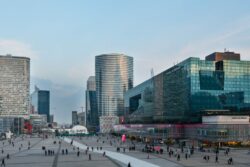
Death and life of CBD
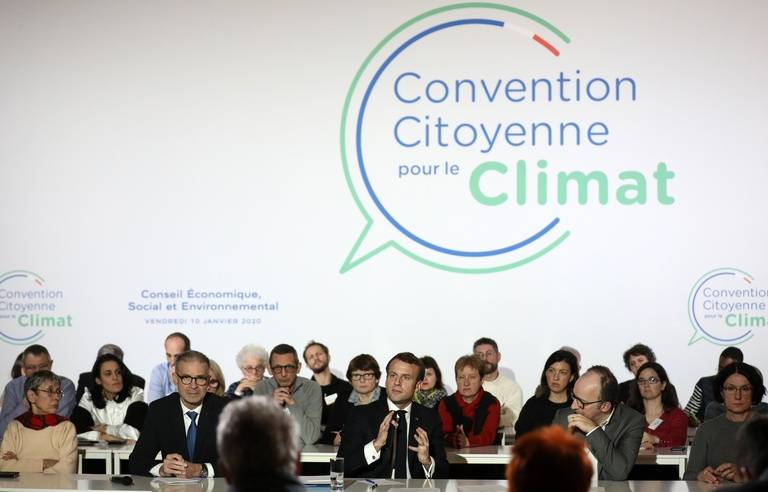
Is resilience useful?

Long live urban density!
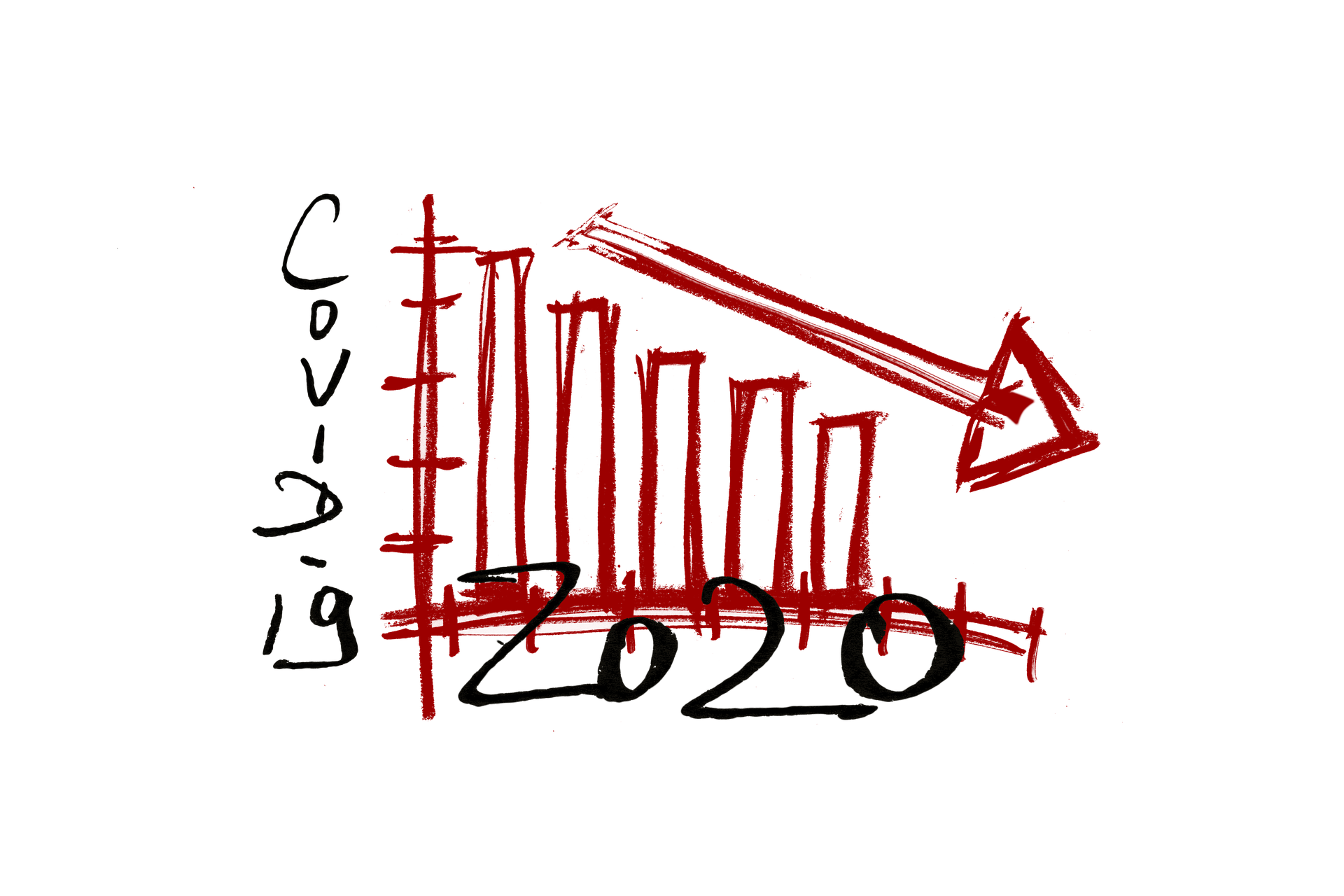
Behind the words: Recovery
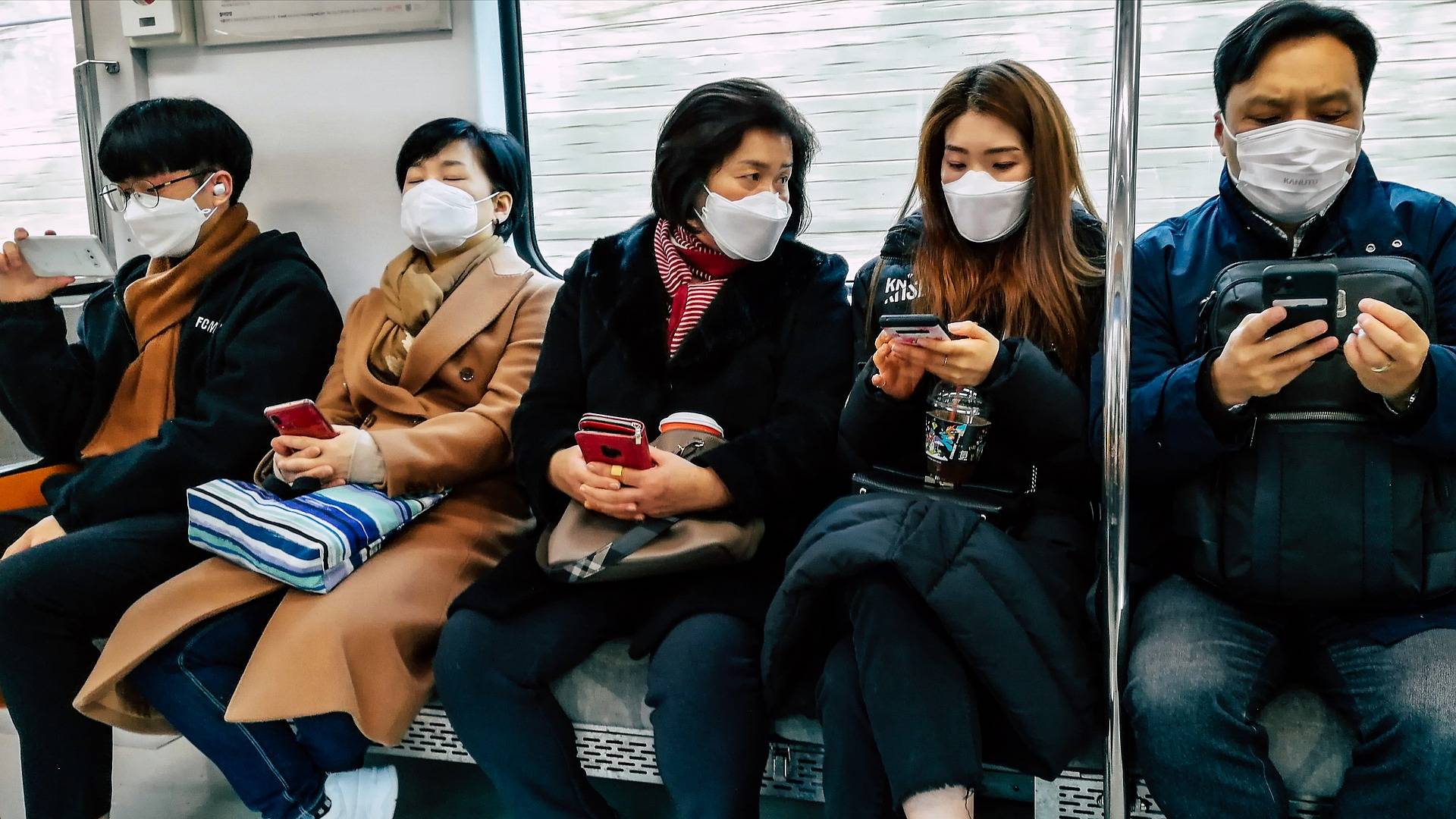
Sending out an SOS
The ideal culprit
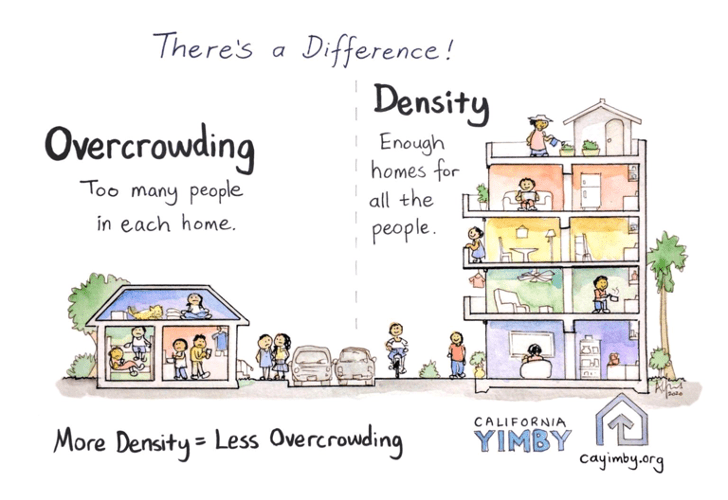
Behind the words: density

Behind the words: telecommuting

Behind the words: urban congestion

Behind the words: food security
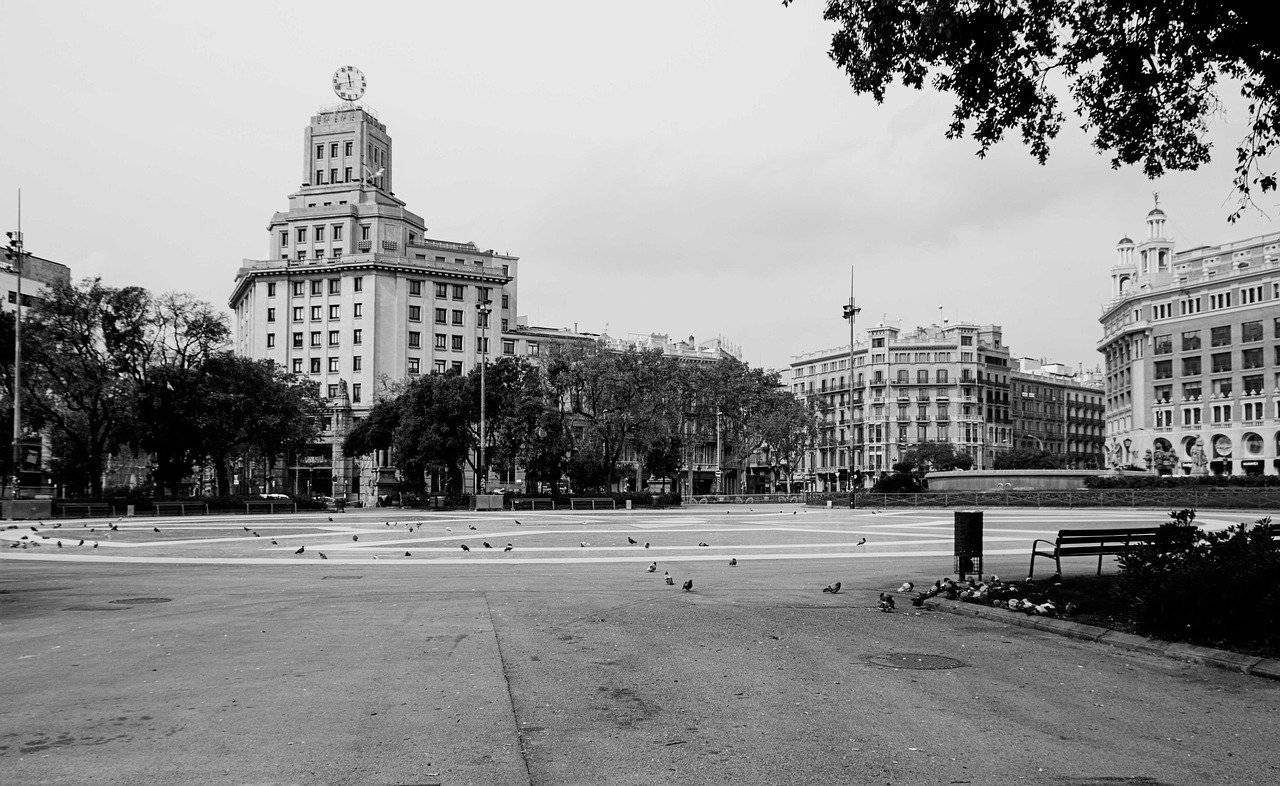
180° Turn
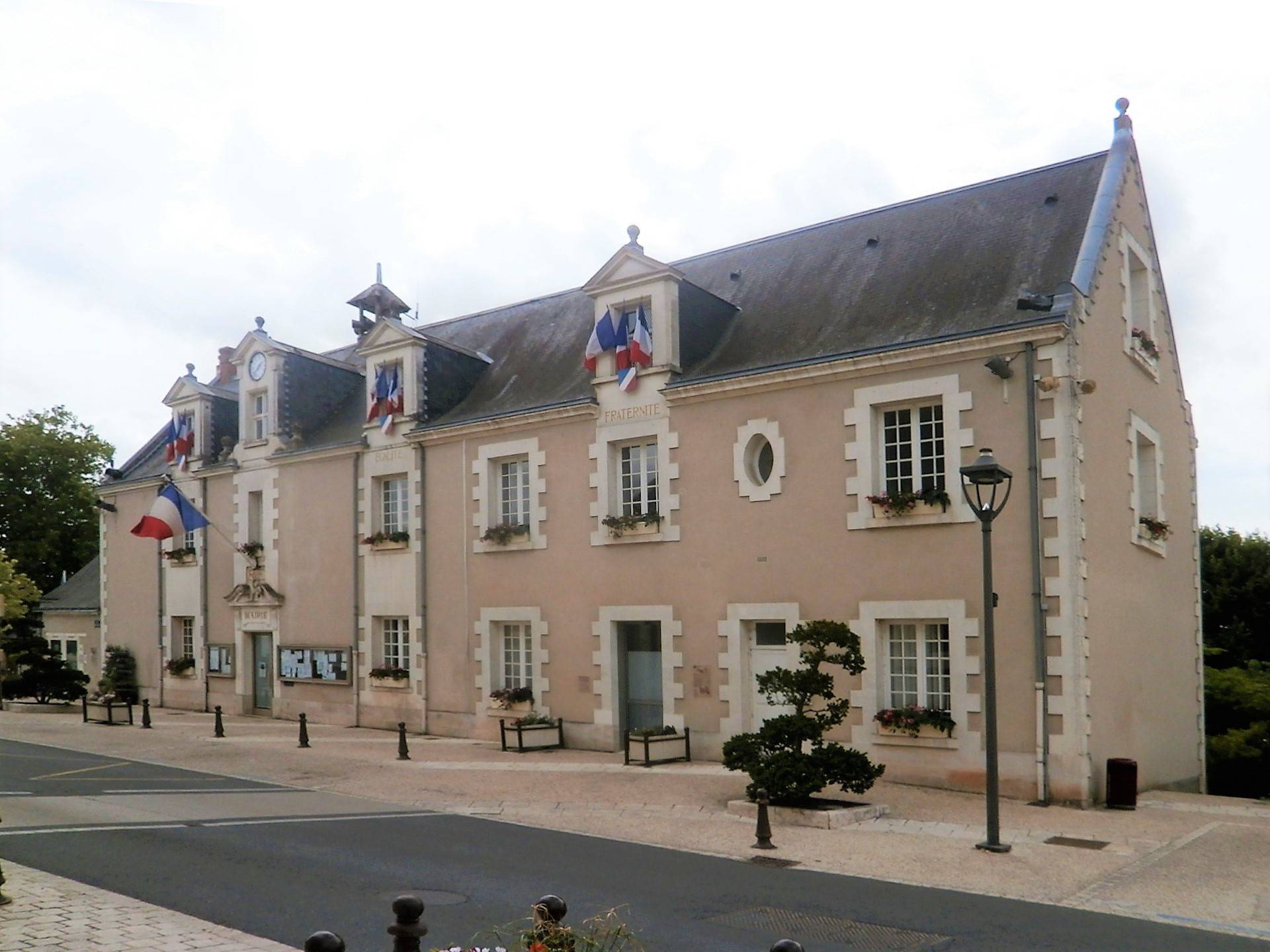
Cities in safe boot mode
Across cities in crisis
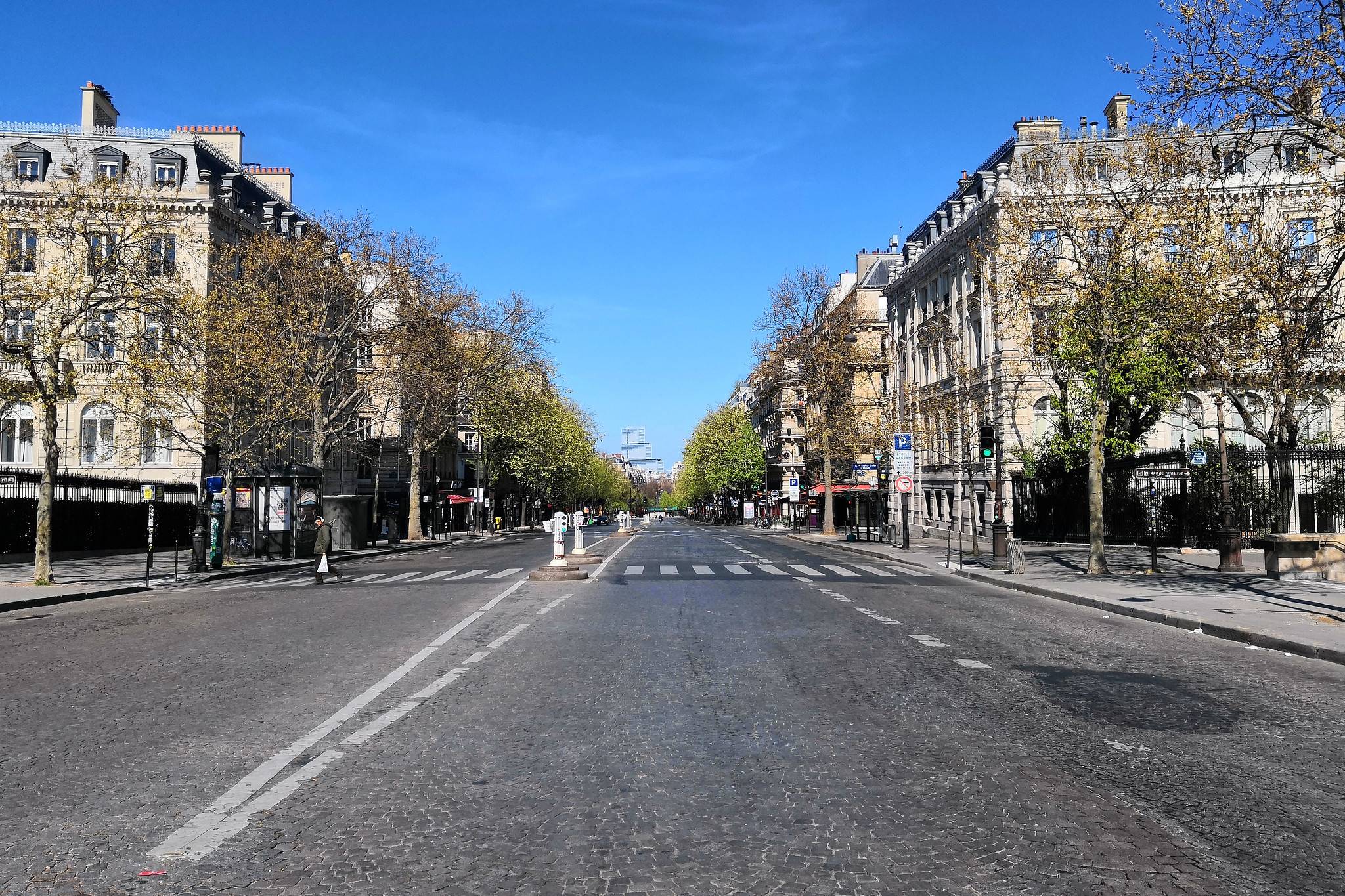
A street named desire
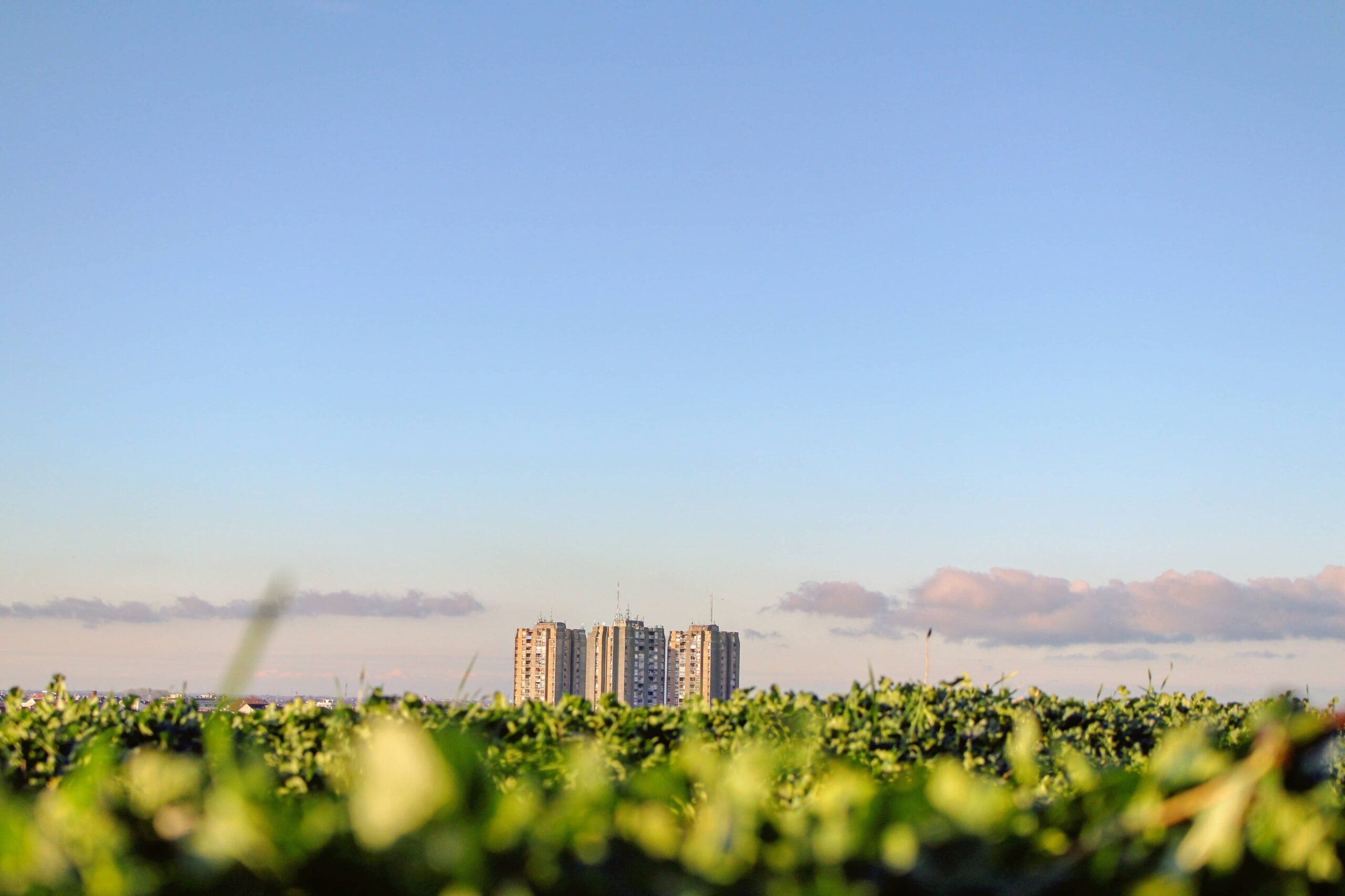
Zoé Vaillant: health inequalities are rooted in local areas

Breathless Metropolises
La Fabrique de la Cité
La Fabrique de la Cité is a think tank dedicated to urban foresight, created by the VINCI group, its sponsor, in 2010. La Fabrique de la Cité acts as a forum where urban stakeholders, whether French or international, collaborate to bring forth new ways of building and rebuilding cities.
















